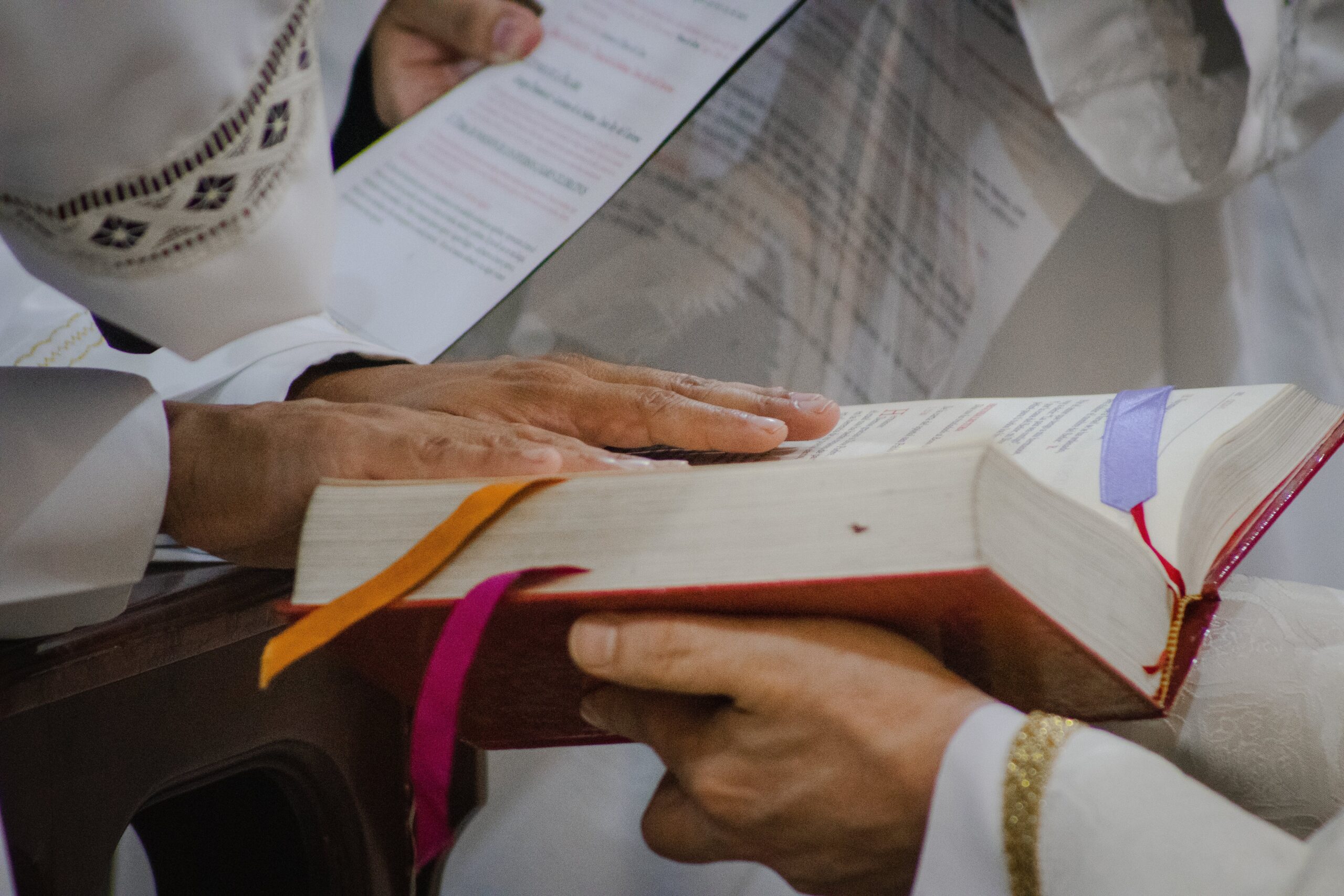The Catholic church has a long history of taking a public stance on issues of global and social concern. So when Pope Francis issued the Encyclical Letter, Laudate Deum [Praise God]: To All People of Good Will on the Climate Crisis, on October 4th, 2023, it was not out of the ordinary. What did stand out, however, was the urgency and stridency with which he addressed the crisis and the global response, or, more in keeping with the tone of the letter, lack of global response.
This recent fifteen page Encyclical is a follow-up to his longer letter from May of 2015, Laudato Si’ [Praise be to you]: On Care for Our Common Home. In 2015, Pope Francis addressed the breadth and depth of some of the concerns we are confronting on a global scale, including: Pollution and Climate Change, The Issue of Water, Loss of Biodiversity, Decline in the Quality of Human Life and the Breakdown of Society, Global Inequality, Our Weak Responses, and A Variety of Opinions (about both the severity of these issues and how to address them). The tone of the 2015 letter is passionate and measured, exploring the need for action concerning our global situation, outlining the biblical and theological foundations for global, and specifically Christian, climate concern and engagement.
In this more recent letter, Laudate Deum, Pope Francis wrote, “[W]ith the passage of time, I have realized that our responses have not been adequate, while the world in which we live is collapsing and may be nearing the breaking point.”
As a result of this ever-growing crisis that, unless addressed, will require more and more drastic action, Pope Francis addressed the reality of the climate crisis, taking aim at those who would deny the reality of the problem, “Despite all attempts to deny, conceal, gloss over, or relativize the issue, the signs of climate change are here and increasingly evident . . . In recent years, some have chosen to deride these facts.” He also issued strong statements to those who would point the finger at those who are comparatively innocent: “In an attempt to simplify reality there are those who place the responsibility on the poor, since they have many children” as though sheer numbers are the root cause of too much pollution. He goes on with sarcastic wit, “As usual, it would seem that everything is the fault of the poor.” In what reads as continued exasperation, he calls out those who would suggest that changes in the consumption of fossil fuels or the development of cleaner energy would have too significant an economic impact by reducing too many jobs. “Conversely, the transition to renewable forms of energy, properly managed as well as efforts to adapt to the damage caused by climate change are capable of generating countless jobs in different sectors.”
However, challenges aside, the necessity of cooperation and the effectiveness (or lack of) of the global summits being addressed in their own time, perhaps the most significant portion of the letter is the Pope’s address of what he calls the “Growing Technocratic Paradigm.”
This paradigm is,
‘[A] certain way of understanding human life and activity [that] has gone awry, to the serious detriment of the world around us.’ Deep down, it consists in thinking, ‘as if reality, goodness, and truth automatically flow from technological and economic power as such.’ As a logical consequence, it then becomes easy ‘to accept the idea of infinite or unlimited growth, which proves so attractive to economists, financiers and experts in technology.’
In essence, what Pope Francis is challenging with this diagnosis is our conception of what is good. Is the unchecked, and unlimited growth in technical advances a benefit to the human condition? In our pursuit of growth and ease, are we adequately considering the cost; are we being responsible with the knowledge and progress that we are attaining? Pope Francis thinks not. “‘[O]ur immense technological development has not been accompanied by a development in human responsibility, values and conscience . . . we stand naked and exposed in the face of our ever-increasing power, lacking the wherewithal to control it.’” We are toddlers playing with power tools, lacking sufficient knowledge and character to adequately and appropriately evaluate our pursuits. As Jurassic Park so astutely prophesied, “we are so busy asking whether or not we can, we never stopped to ask if we should.”
Pope Francis ends this section with an existential reflection. “In conscience, and with an eye to the children who will pay for the harm done by their actions. The question of meaning inevitably arises: ‘What is the meaning of my life? What is the meaning of my time on this earth? And what is the ultimate meaning of all my work and effort?’” What is important to us? Where do we place our priorities? These fundamental questions deserve individual reflection and individual answers. Because, after all, any progress toward climate healing and health comes down to individual choices, people willing to act on a higher order of principle, ideals beyond ease or economic gain. This idea is where Pope Francis culminates his letter, but it is with an up-til-now unused tactic—he calls out individuals in a particular nation.
If we consider that the emissions per individual in the United States are about two times greater than those of individuals living in China, and about seven times greater than the average of the poorest countries, we can state that a broad change in the irresponsible lifestyle connected with the Western model would have a significant long-term impact. As a result, along with indispensable political decisions, we would be making progress along the way to genuine care for one another.
That, whether you agree with his assessment or not, is tearing the band-aid off. The difficulty is that much of what Pope Francis says is verifiable by data. We may not feel as though we are individually contributing to this extreme rate of emissions, and as individuals, we may not be. But the question before us is what is actually driving us. What are we pursuing and at what cost? Do we believe that we are pushing the planet into an unsustainable future and if so, what are we going to do about it? How has our society formed and shaped our values and how can we reshape them to reflect our fundamental values?
For Christians, the ultimate question is how will we honor our creator and the creator and sustainer of his very good creation?





 Copyright
2024
Root and Vine
Copyright
2024
Root and Vine